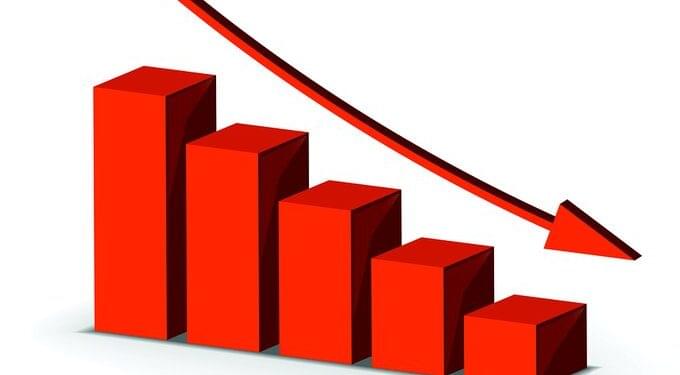Zimbabwe’s fuel consumption has experienced a notable drop in the first quarter of 2024, with petrol demand falling by 15 percent and diesel usage declining by three percent compared to the same period last year.
This decrease has been attributed to various factors, including improvements in the country’s power supply and economic challenges.
Zimbabwe has made strides in stabilising its electricity grid, resulting in reduced reliance on diesel generators for backup power.
This has led to a decrease in diesel consumption, as industries and households have reduced their use of generators. The improved power supply has also enabled businesses to operate more efficiently, reducing their overall energy requirements.
The economic challenges faced by Zimbabweans have led to reduced purchasing power, directly impacting the demand for manufactured goods.
As a result, industries have reduced their production levels, leading to lower fuel consumption. The decline in fuel demand is also attributed to reduced transportation activities, as individuals and businesses cut back on non-essential travel.
While the power supply has improved, load shedding remains an intermittent challenge for some sectors, necessitating the use of diesel generators.
However, the frequency and duration of load shedding have decreased, leading to reduced diesel consumption. Despite efforts to enhance the reliability of the power grid, industries continue to experience sporadic power cuts, affecting productivity and diesel consumption.
The decline in fuel consumption is a significant development in Zimbabwe’s energy sector, highlighting the country’s progress towards improving its power supply and reducing its reliance on fossil fuels.
SOURCE : NEWREPORTZIM.COM









